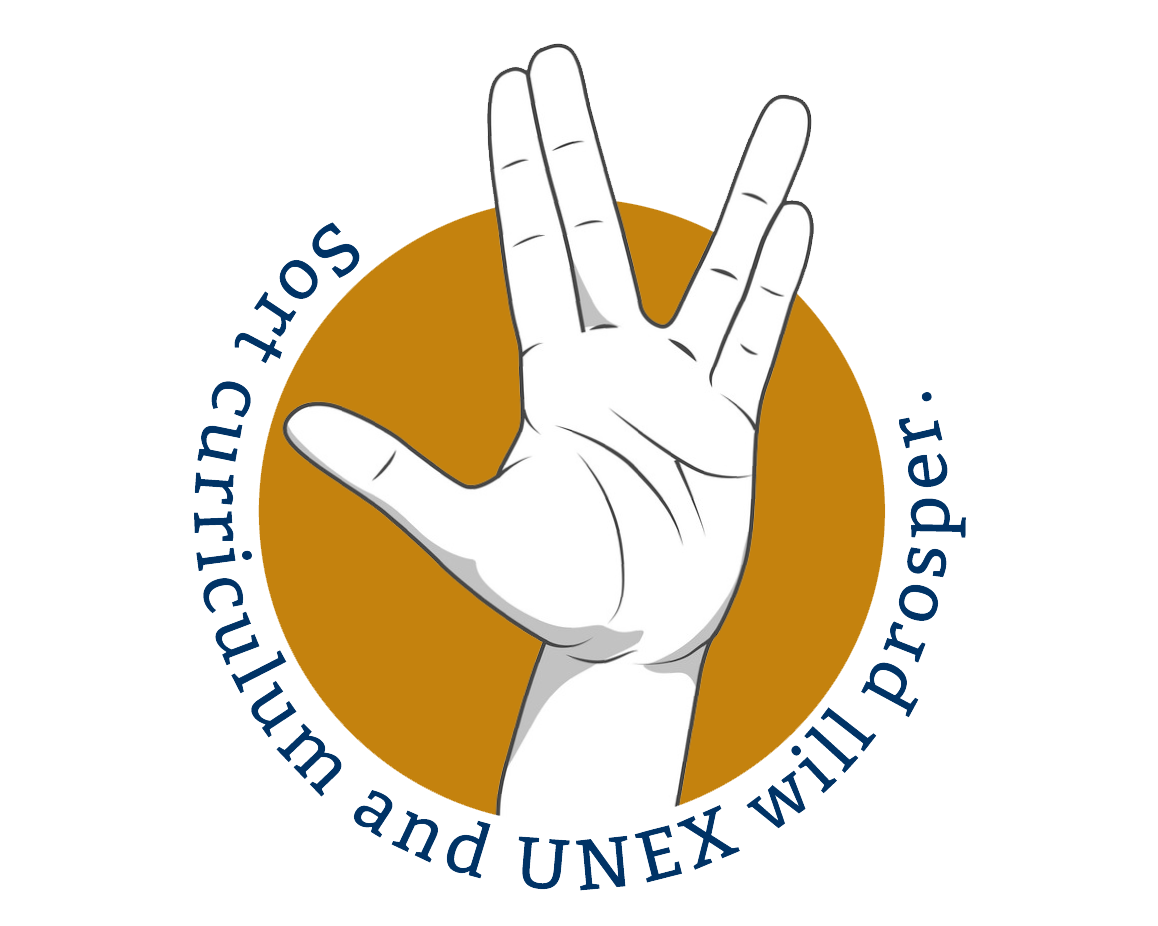E-Discovery is the process of recovering, searching, organizing and analyzing data stored on computers, hard drives, floppy disks, mobile devices and other digital storage devices for the purpose of being used as evidence in court.
The course covers two aspects of E-Discovery.
- E-Discovery Process concentrates on the concepts and procedures surrounding the E-Discovery Reference Model (EDRM).
- E-Discovery Practice focuses heavily on the necessary forms provided in the required textbook.
The ability to manage high-volume data demands in the modern law firm is the foundation of E-Discovery as critical evidence. Skills and competency in this area allow paralegals to make critical contributions to this important pre-trial process, in part because older, more experienced trial lawyers are not deeply familiar with E-Discovery. While paralegals are unlikely to retrieve the digital data, they can be involved in preparing E-Discovery requests and responding to those requests by identifying sources of data, helping to ensure data is not compromised, arranging for data retention, and other areas of critical importance for the process.

